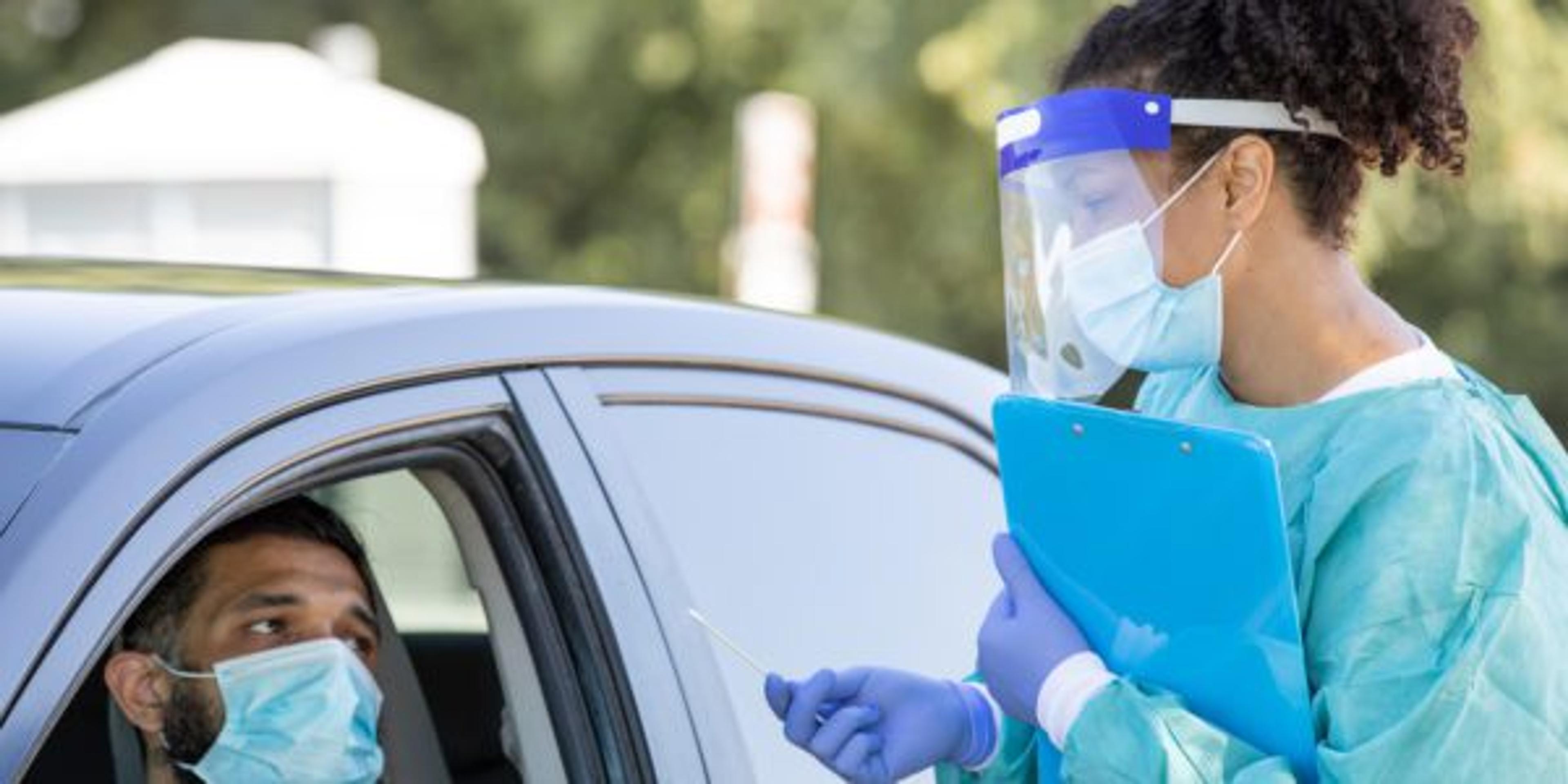How Do You Know If You Need a COVID-19 Test?
Shandra Martinez
| 3 min read

These days, there are lots of different ways that concerns about COVID-19 can creep into our lives. Maybe it’s the persistent cough that you just can’t seem to shake, and you can’t tell if it is a cold or something worse. Or it’s the friend you sat next to at a restaurant recently who says she just tested positive for the virus. It could even be finding out that a neighbor has been hospitalized with the symptoms and trying to remember when the last time was you were in his house. In any of these scenarios and dozens of others, how do you know if you really need to get a COVID-19 test?
Now that we are more than a year and a half into the pandemic, the Centers for Disease Control and Prevention have clear guidelines about who should get tested for the virus and how that can be done. The only way to know for sure if you have contracted the virus is to get tested.
Here are the CDC’s recommendations for who should be tested:
Anyone who has symptoms of COVID-19. This includes people who have been fully vaccinated, partially vaccinated, and those who have not been vaccinated against the virus. It also includes people who have been infected before and develop symptoms again. According to the CDC, symptoms appear anywhere from two days to two weeks after a person has been exposed to the virus. The intensity of the symptoms can range from mild to severe enough to require hospitalization. Here are some of the most common symptoms:
- Fever or chills
- Cough
- Shortness of breath or difficulty breathing
- Fatigue
- Muscle or body aches
- Headache
- New loss of taste or smell
- Sore throat
- Congestion or runny nose
- Nausea or vomiting
- Diarrhea
People who have been in close contact with a person who has tested positive for COVID-19. What does close contact mean? It means if someone has been within 6 feet of an infected person for a total of 15 minutes or more over a 24-hour period. The CDC offers specific details on this situation:
- Fully vaccinated, exposed to the virus. If a person is fully vaccinated, they should be tested three to five days after being exposed to someone with a suspected or confirmed case of COVID-19. They should also wear a face mask in indoor public areas for two weeks, or until they get a negative test result.
- Already had COVID-19, but new symptoms. If someone has tested positive for the virus in the last three months and recovered, they don’t need to get tested again if they’ve been exposed, unless they develop new symptoms.
- Unvaccinated at big gatherings. Anyone who is unvaccinated and has participated in crowded activities that put them at a bigger risk of exposure, like attending concerts, big social gatherings or traveling.
Where can you get tested?
Some people choose to make an appointment with their healthcare provider to receive a COVID-19 test. Local health departments and some large retail pharmacies offer tests, too. At-home testing kits are also available for purchase in stores and online.
Related:
Photo credit: Getty Images





